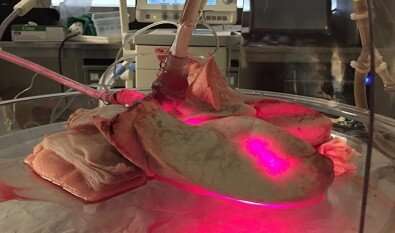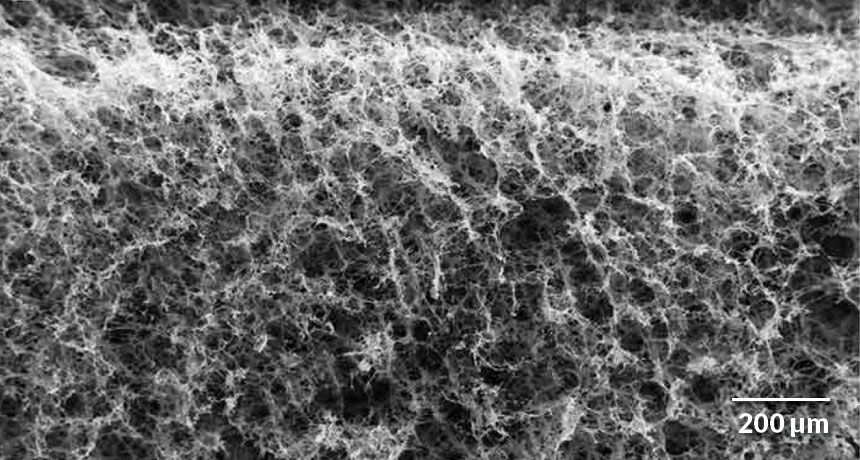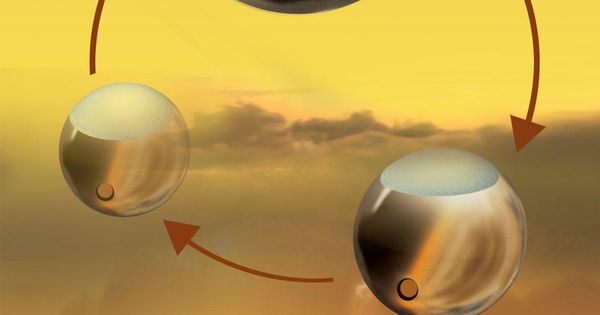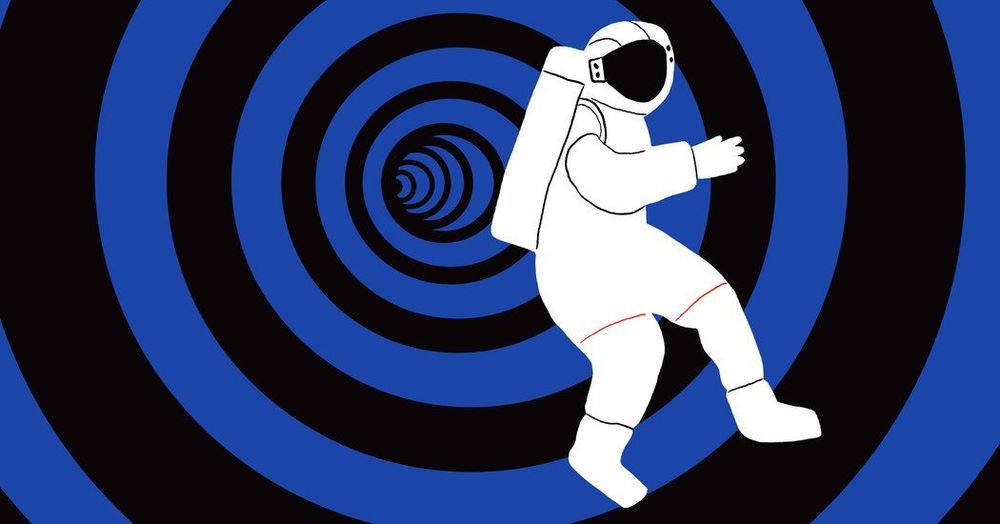
A new technique for the decontamination of organs before transplantation using ultraviolet and red light irradiation has been developed by Brazilian and Canadian researchers and is described in an article titled “Inactivating hepatitis C virus in donor lungs using light therapies during normothermic ex vivo lung perfusion,” published in the journal Nature Communications. The research was partially conducted at the Optics and Photonics Research Center (CEPOF), hosted by the University of S\xE3o Paulo (USP) at S\xE3o Carlos in S\xE3o Paulo State (Brazil).
“This biophotonic technique is revolutionary, as it helps avoid the transmission of diseases during organ transplantation,” said Vanderlei Bagnato, full professor at the University of S\xE3o Paulo, director of its S\xE3o Carlos Physics Institute (IFSC-USP), and principal investigator for CEPOF.
Bagnato’s group partnered with researchers at the University of Toronto in Canada, which has the world’s largest lung transplantation program, having performed 197 such surgeries in 2018 alone. According to thoracic surgeon Marcelo Cypel, who heads the service, the number of transplants could be higher if organs could be decontaminated, especially when the prospective donor has a chronic viral infection such as hepatitis C.
Continue reading “Biophotonic therapy eliminates bacteria and viruses from organs before transplantation” »

















